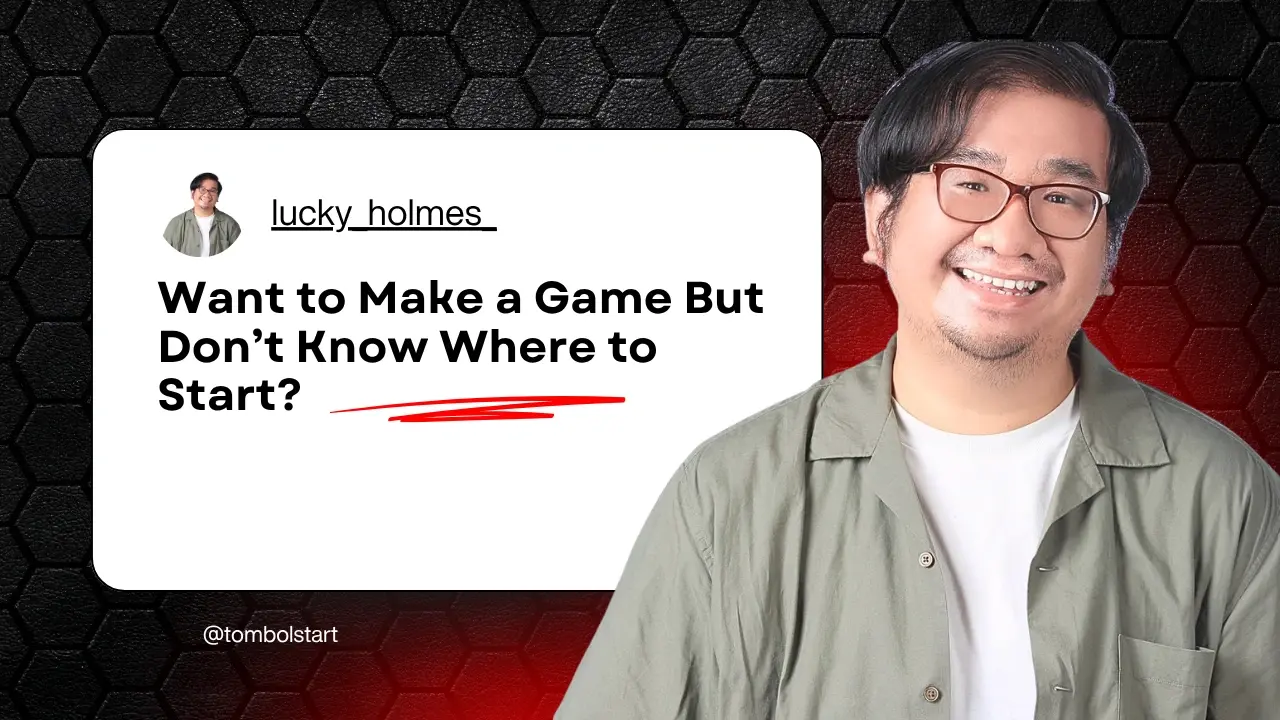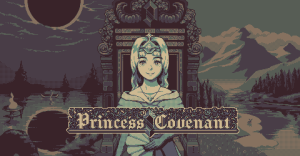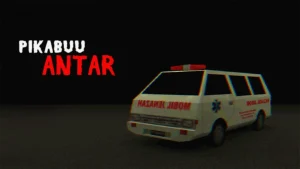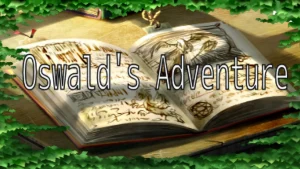Lucky Holmes answers a follower’s question about how to get into the gaming industry. Here’s a breakdown of the 3 main roles you can start learning today if you want to make your own game.
Be a Game Dev?
In one of his Instagram Reels, Lucky Holmes got a comment that sparked a whole conversation. It goes like this:
“Hey, are there any job openings for making games? And what skills do I need to become that? I think I’ll start learning now.”
View this post on Instagram
Short and simple, but super relatable. A lot of people want to jump into the gaming industry, but they just don’t know how to begin. Maybe you’re one of them?
That’s exactly why Lucky made the video, to help people like you figure out where to start. He broke it down into three major roles that are essential in game development. Let’s go through them together!
Also read! Brainstorming: Awal Penting dalam Pembuatan Game Design Document
1. Mega Programmer
The first role Lucky talks about is the Mega Programmer. Think of them as the engineers of the game.
They’re the ones who build the logic, the systems, and all the behind-the-scenes tech that makes a game function. From character movement to button interactions, all of that comes from programming. If you’re into coding or enjoy figuring out how systems work, this might be your perfect entry point.
And no, you don’t need to be a coding genius right away. Lucky recommends starting with YouTube tutorials. There’s a ton of free resources out there for total beginners.
You can start by making a simple 2D game using Unity, or check out Godot, which is becoming really popular right now in the gaming industry. The key is to start small, stay consistent, and keep on experimenting.
2. Game Designer
If you’re someone who loves thinking about why a game is addictive or what makes it fun, you might be a natural Game Designer. Designers are responsible for the game rules, reward systems, balance, and overall flow. But it’s not just about setting the rules, they make sure the game is genuinely enjoyable to play.
Lucky’s tip is simple, play lots and lots of games. But play with a designer’s eye. Don’t just play for fun, but also analyze.
Ask yourself, “Why is this game so engaging?” or “What makes this part so satisfying?” The more you analyze different games, the better your design instincts will become. And eventually, you’ll have a solid feel for what makes a game great. Which you will be able apply to your own projects of course.
3. Game Artist
Visual sure is a big deal in the gaming industry, and that’s where the Game Artist comes in. Artists design characters, environments, items, effects, and pretty much everything you see on the screen.
Their job is to create a visual world that feels alive and appealing. Lucky suggests starting with drawing apps like Ibis Paint, Clip Studio Paint, or Procreate if you have an iPad.
You don’t need to be able to draw hyper-realistic characters right away. You can start with chibi styles, pixel art, or cartoon vibes, or whatever clicks with your style. The goal is to find your own visual style and keep improving from there.
The game industry is super diverse and always in need of artists with different creative approaches. So don’t be afraid to explore and start drawing now!
Also read! She and the Light Bearer: A Poetic Point-and-Click Game from Indonesia
Knowing Your Own Potential
Once you understand these three key roles, the next step is to reflect on yourself. Which one do you vibe with the most?
Do you like building systems and solving problems? Do you enjoy crafting player experiences and thinking about game mechanics? Or are you a visual artist who loves bringing characters and worlds to life?
There’s no right or wrong answer here, it all depends on what excites you. Once you know which path fits you best, start learning consistently.
And also, here’s the important part, you don’t need to wait for a game studio to hire you before you start. A lot of successful developers began by working on small games themselves, joining game jams, or getting involved in local dev communities.
Just Do It
Now that you have a better idea of which role suits you best, what are you waiting for? Start today!
Learn step by step from YouTube, try making small projects, and don’t be afraid to mess up. The game industry isn’t just for geniuses, it’s for people who keep going and never stop learning. You got this!





